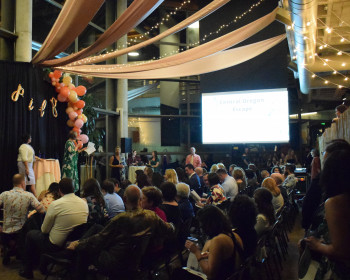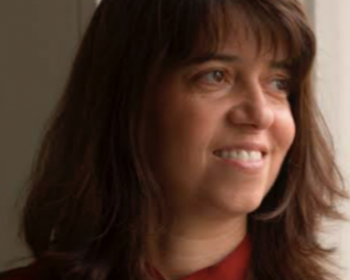Jamie Taft
2006
Open gallery

National Crime Victim Law Institute (NCVLI)
My summer PILP internship was with the National Crime Victim Law Institute (NCVLI) here at Lewis & Clark Law School. NCVLI is the only national organization of its kind that researches, educates, and enforces issues involving victims’ legal rights. This is done by offering research support to victim attorneys and by the submission of amicus briefs on cases that impact victims’ legal rights. I chose NCVLI because I had volunteered part-time with the organization the previous summer and I wanted to continue my learning experience. My decision to return offered me a particularly unique legal experience.
I had spent the previous summer doing research for a potential amicus brief on a case in the Ninth Circuit, only to have the court deny a rehearing en banc. This spring, I found out that during my internship I would get another chance to work on the amicus brief on that very case as the Supreme Court had granted certiorari. (Carey v. Musladin, oral argument set Oct. 11, 2006). For the first two weeks of my internship, I got very familiar with all the case law involving the impact that victim outbursts in the courtroom have on a defendant’s constitutional right to a fair trial. Not only did I do the supporting research, I also drafted one of the footnotes.
My main project for the summer was supposed to be an amicus brief on a victim’s right to be heard, at trial, under the Crime Victims’ Rights Act, 18 U.S.C. §3771(a)(4) (2004). Halfway into my internship, the Ninth Circuit handed down an opinion on a victim’s right not to be excluded from the courtroom under 18 U.S.C. §3771(a)(3). In Re Mikhel, 453 F.3d 1137 (9th Cir. 2006) (per curiam). While the Ninth Circuit returned a favorable interpretation of that right, NCVLI thought that this issue was more immediately pressing than the right to be heard, so I drafted an amicus brief on that issue instead.
In addition to these two projects, I wrote a memorandum and attended NCVLI’s annual national conference. The memorandum was on the status of Megan’s Law in the state of New Jersey. NCVLI oversees legal clinics in eight states where attorneys offer legal assistance to victim’s directly, and an attorney at the clinic in New Jersey needed a brief overview of the law’s validity. At the conference, I met victims’ rights attorneys and advocates from around the country, and sat in on presentations involving such diverse topics as the impact DNA has had on the criminal process and how to identify victims of human trafficking. All in all, my internship provided me with a variety of experiences that I will not soon forget.
More Public Interest Law Project (PILP) Stories
Public Interest Law Project (PILP) is located in McCarty Classroom Complex.
MSC: 51
email pilp@lclark.edu
voice 503-768-6782
fax 503-768-6729
President: Natalie Hollabaugh
Auction Directors: Faith Fox & Hanah Morin


